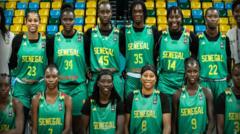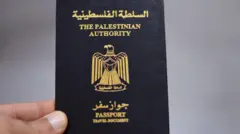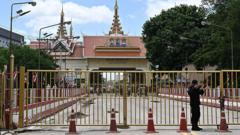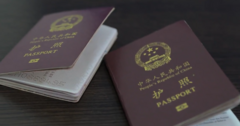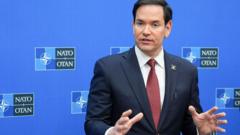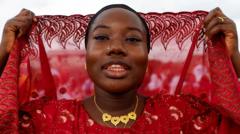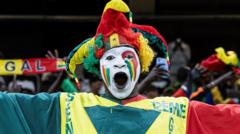Prime Minister Ousmane Sonko announced the cancellation of the Senegalese women's basketball team's training in the United States after several squad members were denied visas. The decision follows reports of the US planning to impose new travel restrictions on an additional 25 African countries, including Senegal.
Speaking about the incident, Prime Minister Sonko stated that the team would now prepare for the upcoming Women's AfroBasket tournament in the capital city of Dakar, describing the environment as "sovereign and conducive." The team was scheduled to train for ten days in the US prior to the tournament set for next month in Ivory Coast, but now, with visa applications denied for five players and 13 team officials, these plans have been upended.
The specifics of the visa refusals remain unclear, and the US Embassy has not yet made any comments regarding the situation. Sonko's official statement on social media addressed the matter directly, indicating his intention to cancel the team's US training plans in response to the denied visas.
This news comes along with the US government's recent announcement of more stringent travel restrictions targeting 12 countries, with the focus on addressing issues like visa overstays and lack of cooperation in deportations. These restrictions have caused significant concern among various nations, particularly in West Africa, where economic agreements and diplomatic relationships could suffer.
The Senegalese foreign ministry has urged citizens traveling to the US to comply with the legal requirements and permitted stay durations, emphasizing its commitment to collaborating with US authorities. Meanwhile, Nigeria's Foreign Minister has voiced concerns that such travel bans could disrupt energy and trade opportunities between West African countries and the US, with the Trump administration framing these measures around national security.
As national discussions around travel restrictions continue, the fate of several diplomatic and athletic exchanges remains uncertain, highlighting the broader implications for international relations and sporting events.
Speaking about the incident, Prime Minister Sonko stated that the team would now prepare for the upcoming Women's AfroBasket tournament in the capital city of Dakar, describing the environment as "sovereign and conducive." The team was scheduled to train for ten days in the US prior to the tournament set for next month in Ivory Coast, but now, with visa applications denied for five players and 13 team officials, these plans have been upended.
The specifics of the visa refusals remain unclear, and the US Embassy has not yet made any comments regarding the situation. Sonko's official statement on social media addressed the matter directly, indicating his intention to cancel the team's US training plans in response to the denied visas.
This news comes along with the US government's recent announcement of more stringent travel restrictions targeting 12 countries, with the focus on addressing issues like visa overstays and lack of cooperation in deportations. These restrictions have caused significant concern among various nations, particularly in West Africa, where economic agreements and diplomatic relationships could suffer.
The Senegalese foreign ministry has urged citizens traveling to the US to comply with the legal requirements and permitted stay durations, emphasizing its commitment to collaborating with US authorities. Meanwhile, Nigeria's Foreign Minister has voiced concerns that such travel bans could disrupt energy and trade opportunities between West African countries and the US, with the Trump administration framing these measures around national security.
As national discussions around travel restrictions continue, the fate of several diplomatic and athletic exchanges remains uncertain, highlighting the broader implications for international relations and sporting events.

